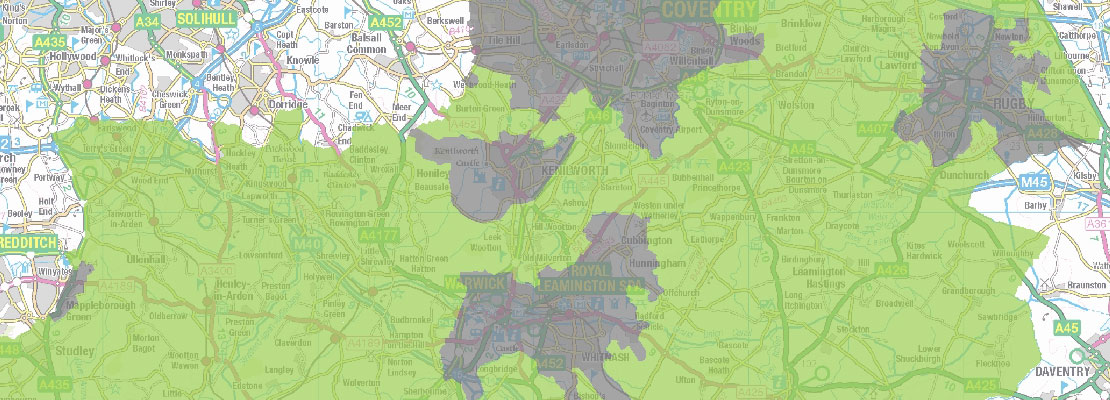Local Enterprise Partnerships
By Nicholas Butler
Since this century opened the Government, in its manic desire to build as many houses as possible as quickly as possible, has aimed one blow after another at the planning system, both at a national and a local level, putting business, especially big business, above the needs and wants of the general public.
The Green Paper of 2001, Delivering a Fundamental Change, was addressed, not to the world at large, but to business. There were to be business zones where controls on development would be lifted, business applications would be decided separately from household applications and, without actually saying so parish councils were to be deprived of their right to consider applications.
Happily, these things never happened. Then came a bundle of documents known as Local Development Frameworks, a smokescreen for a single document, Core Strategies, which lacked the detail of the plans written for Local Planning Authorities.
Oliver Letwin declared that the many but important pages of government guidance were to be condensed into a single document. Untrue. The government guidance vanished and in it place there appeared a document written in collusion with business and so vaguely and vapidly worded that developers could drive coaches and horses through it.
Neighbourhood Plans were established by the Localism Act of 2011, as a sop to public opinion. Parishes might not object to the numbers of houses they were prescribed but might decide where they were put and how they looked, though the creators to these plans were unpaid and the Government probably thought that the offer would not be taken up. As it happens it was and the tables were turned on the Government.
Then there were the two ridiculous and mutually contradictory, but menacing and threatening white papers, Planning for the Future, produced during the Johnson premiership, a slipshod ragbag of proposals including the amalgamation of local planning authorities. Happily, these threats were thwarted by a rebellion of M.P.s.
And now we have the Levelling Up and Regeneration Bill preceded by honeyed words from the Government that conceal an unknown but evidently dangerous element, National Development Management Policies, which would seemingly allow a Secretary of State to overrule both local and neighbourhood plans, though this is unconvincingly denied by the Government.
And in the midst of all these attacks do you remember Local Enterprise Partnerships? In 2010, the Conservative and Liberal Coalition, in the wake of Labour’s regional development agencies, invited business to join forces with local planning authorities in large-scale schemes. Some local authorities took up the invitation, others waited, but somehow the collusion, that would have established effective planning behind the backs of the public, never quite took off, even after Michael Heseltine funded them.
We heard about them, feared them because they were unknown, and then forgot about them. Now they are on the way out. Why exactly they went we cannot know, but we do know that the National Audit Office was concerned about the way in which they handled their finances, as was the House of Commons Public Accounts Committee In his Budget Speech this year, Jeremy Hunt told us that the Government was “minded” to phase out LEPs by April of next year by amalgamating them with local authorities, i.e., abolishing them without actually saying so.
Here was the potentially deadliest thrust of them all. Shed no tears for their demise. Be thankful they are gone.





